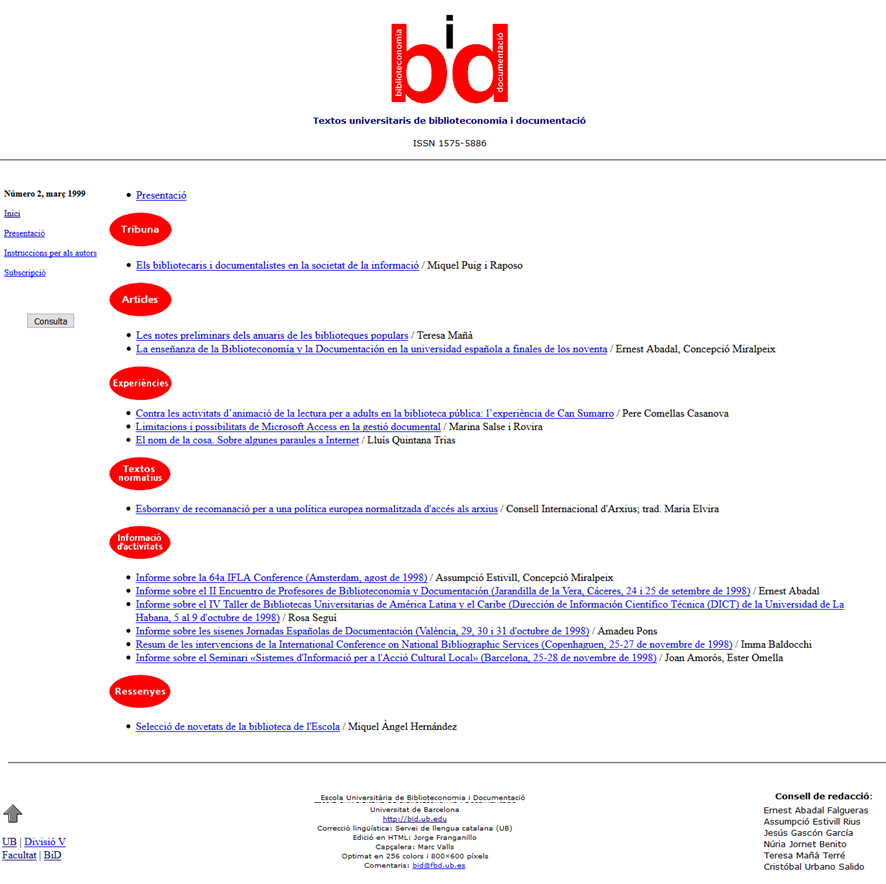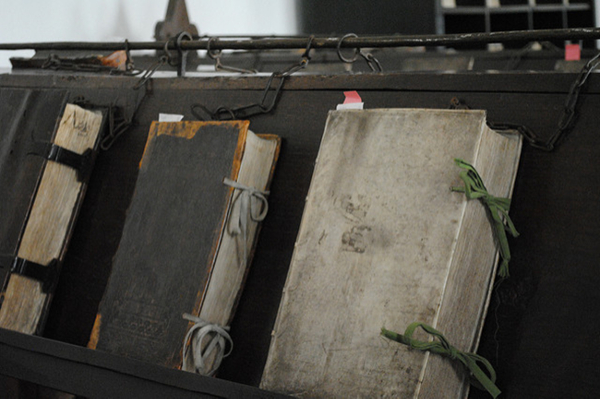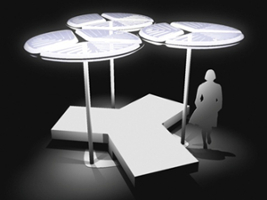The Postgraduate Degree in Recommended Reading: bringing an idea into being
[Versió catalana] [Versión castellana] Maria Batllori Area for Books, Institut Català de les Empreses Culturals (Catalan Institute for Cultural Companies, ICEC) Ministry of Culture, Government of Catalonia mbatllori@gencat.cat 1 Introduction Readers’ advisory is sufficiently important that it merits specific university-level training aimed at all parties involved in the activity. The aim of this text is … Read more



